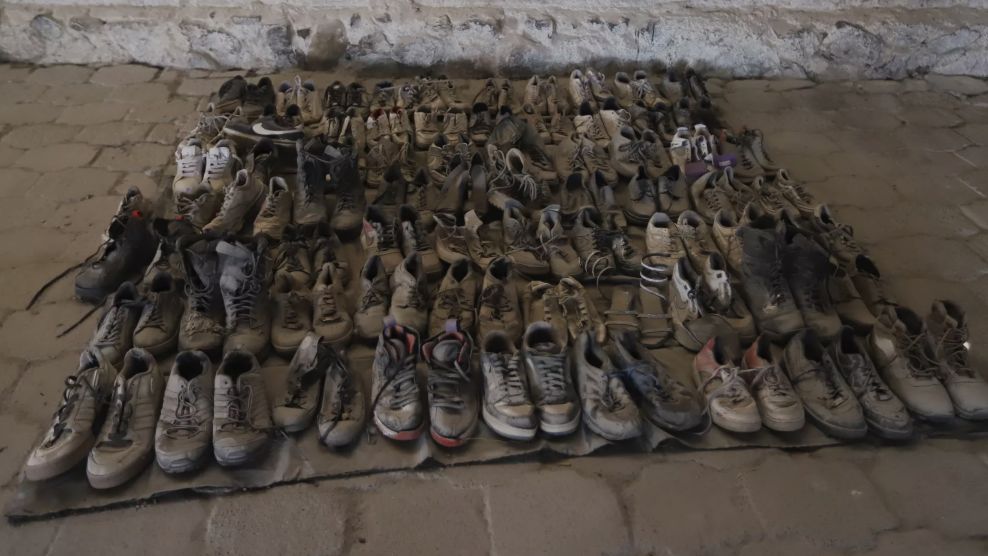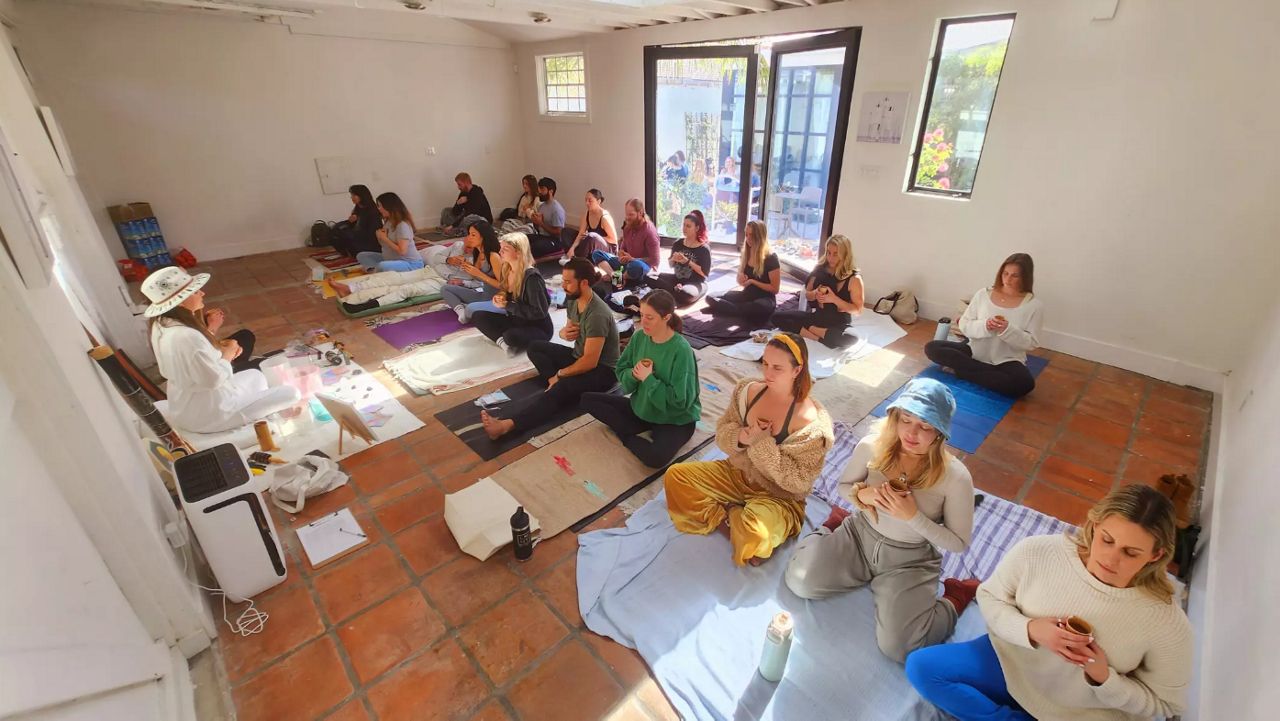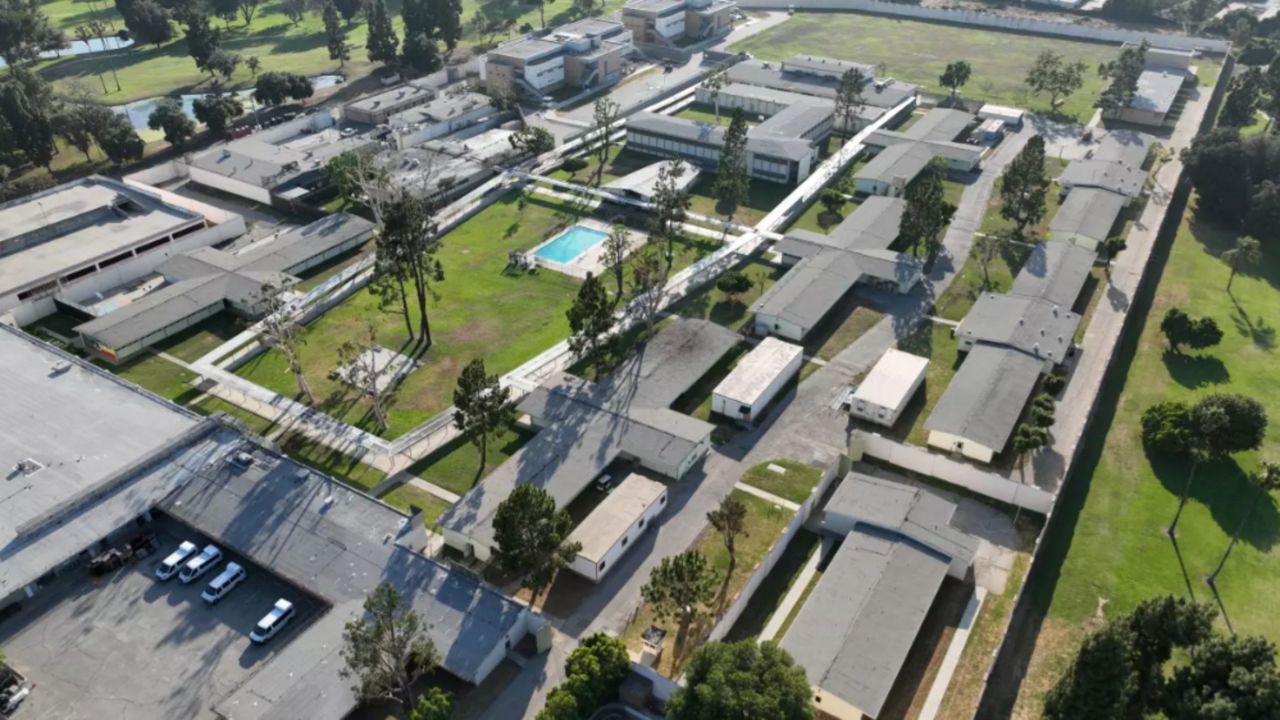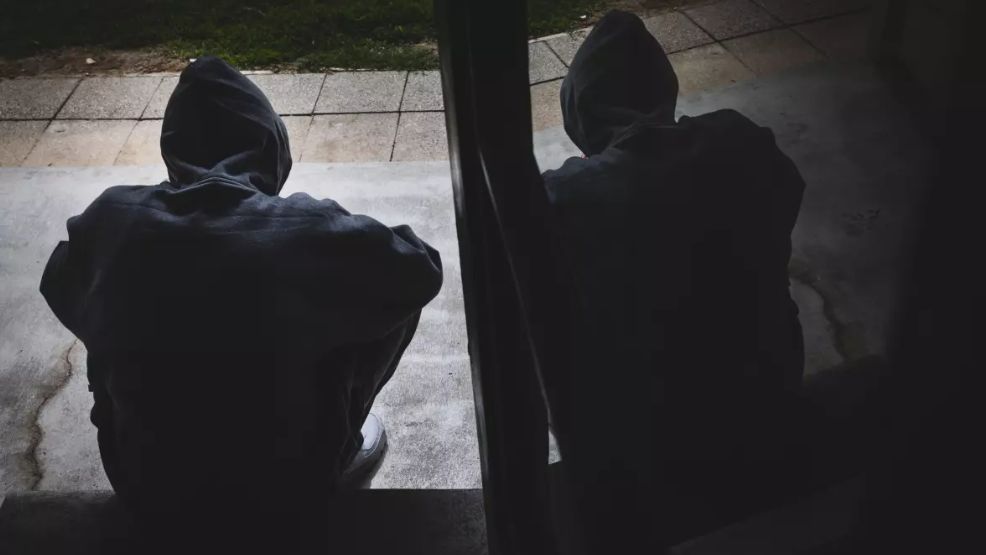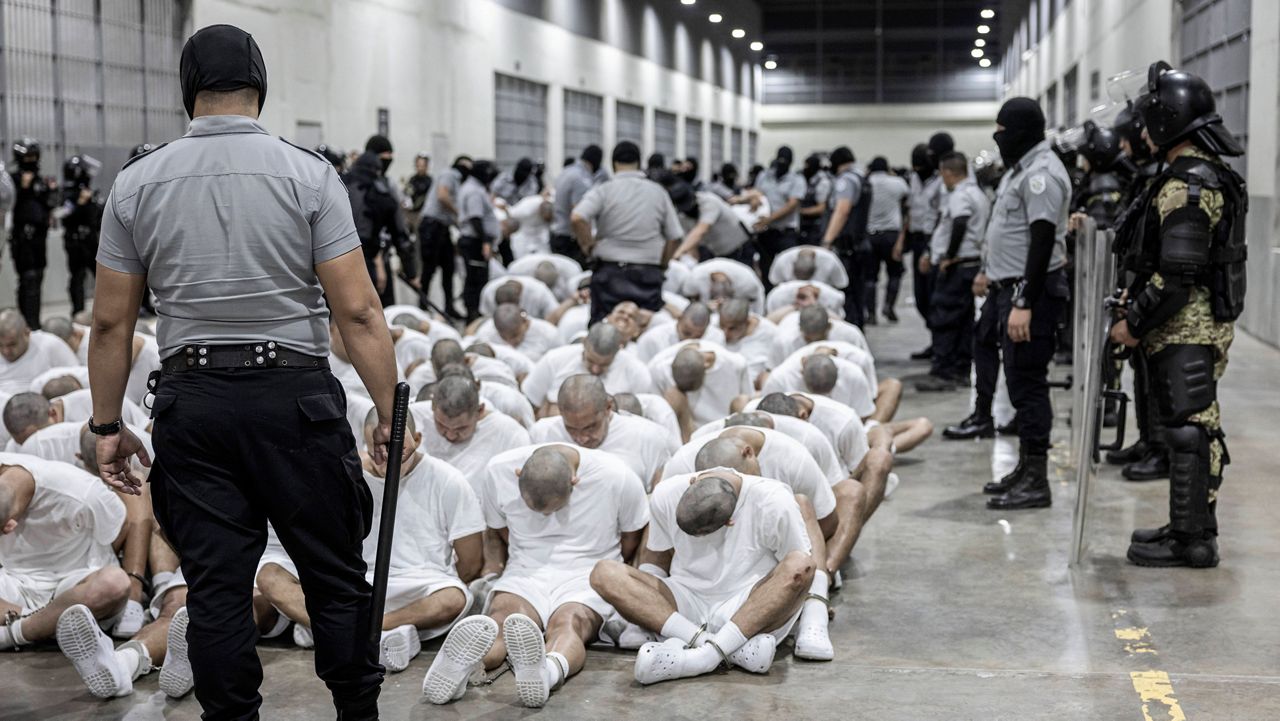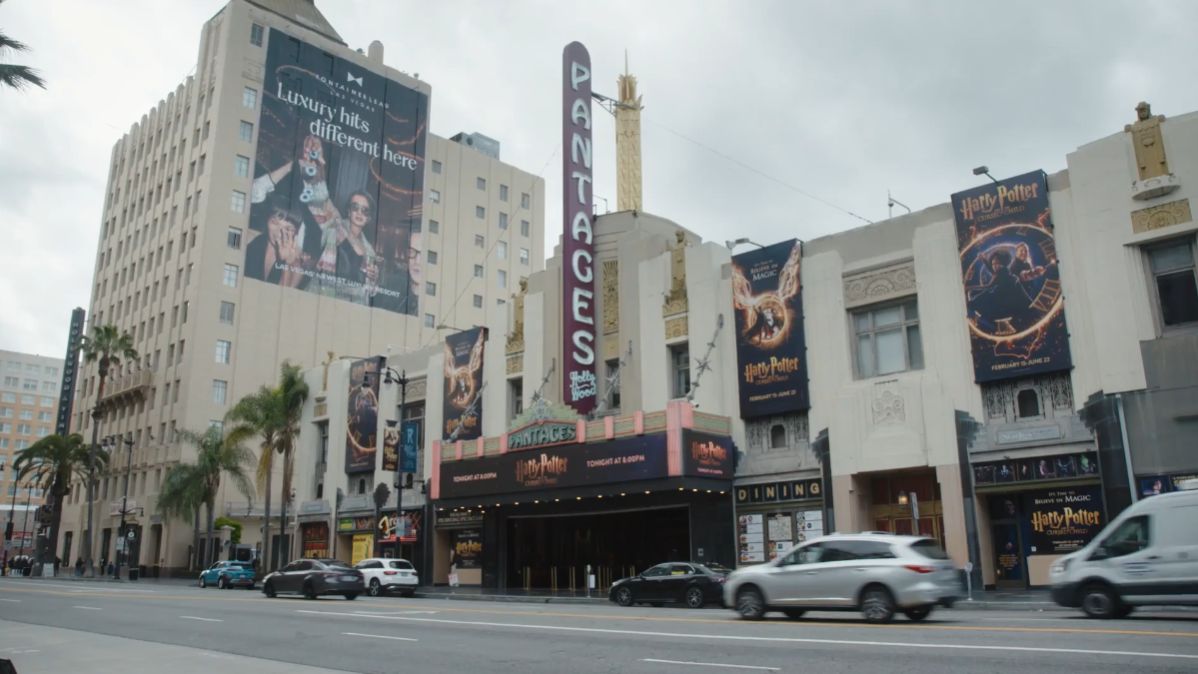After the attack on Pearl Harbor, 120,000 Japanese-Americans were sent away from their homes and businesses and locked up in incarceration camps.
When they returned home in 1945, they often found their homes and possessions stolen or auctioned off.
Los Angeles Times columnist Patt Morrison called it one of the United States’ “greatest swindles,” one that impacted the generations that came after.
People of Japanese descent were sent to camps around the country after then-President Franklin D. Roosevelt signed Executive Order 9066.
Most of those incarcerated were from California.
Morrison explained how quickly authorities instructed them to leave their homes.
“In some cases, it was within hours of the attack on Pearl Harbor,” she said. “Their bank accounts were closed and confiscated. And then, even into January, people were being moved out of Japanese-American enclaves on the West Coast to staging areas. There wasn’t even a camp then. Their goods were put up for sale in these panic sales, hundreds of dollars’ worth of appliances for $25, a $200 piano for $25. They needed cash because they couldn’t get to their bank accounts. They had to liquidate fast and people took advantage of them.”
Morrison spoke about one family fighting to reclaim what had been stolen.
“The Koda family in the Central Valley, which had a tremendous rice import growing and importing and exporting operation, worth several million dollars,” she said. “They started fighting after the end of the war to get some of that money back. Some of their land that they had entrusted to an overseer had been sold off by him. And eventually they fought into three generations and finally got a settlement of maybe 15 cents on the dollar.”
The Morey family’s Asia Company operated out of Little Tokyo near Downtown LA before it had to be sold.
“Joshua Morey talked to me. His great grandfather had come from Japan at the end of the 19th century and established this import-export business because then Japanese goods were very exotic, and you had to have a Japanese this or that in your household,” said Morrison. “And then, along comes the war. Along comes internment camps. And that store was gone. I found an ad in the LA Times, a display ad of the auctioning off of these goods. Some of them were cowboy hats, auctioning off cowboy hats from a Japanese company that was supposedly disloyal because it was owned by a Japanese person.”
The incarcerated Japanese Americans had a strong advocate in Washington, D.C., in the years after the war.
“Norman Mineta, who was the secretary of transportation, who grew up in San Jose, who became a congressman,” Morrison said. “He and other Japanese-American members of Congress fought for reparations over decades. It literally took decades before President Ronald Reagan signed that law giving reparations.”
Morrison also shared a story she received from a reader who knew of a family that came home from the camps to a happier ending.
“One email I got from a man who said there was a Japanese-American family in Sawtelle, which was a very highly sought after Japanese-American part of Los Angeles, and they had been sent off to the internment camps, but their neighbors kept their house,” she said. “Their neighbors and their friends maintained the house, paid the taxes. And when they came back from the camps, there was a big banner saying ‘Welcome home.’ And they were given a box by their neighbors [with] the keys to the house.”
Click the arrow above to watch the full interview.
Watch "LA Times Today" at 8 and 11 p.m. Monday through Friday on Spectrum News 1 and the Spectrum News app.








